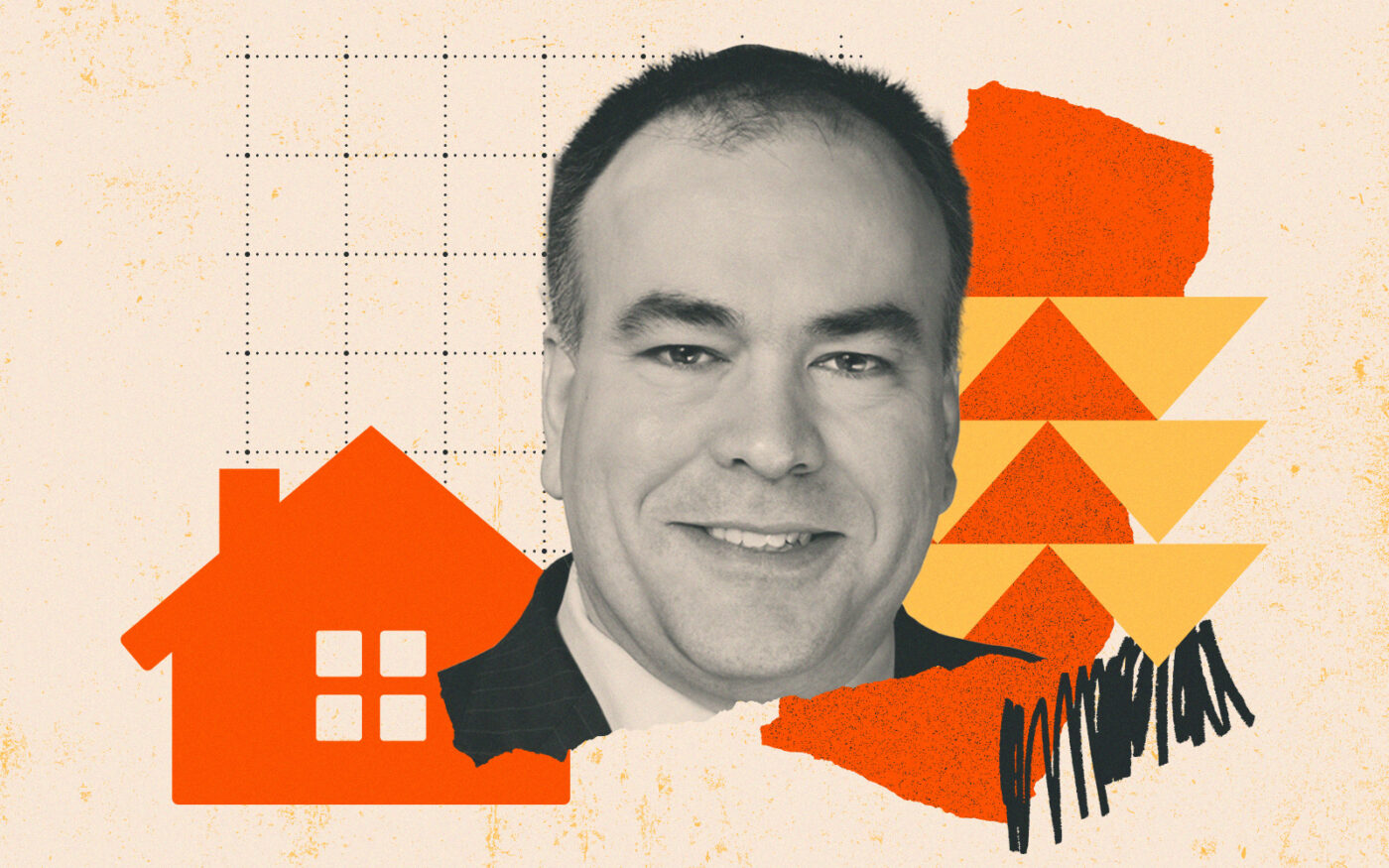Cook County Assessor Fritz Kaegi is defending a cut to the property tax value of his home this year as his neighbors’ rose by big margins, by explaining it was other homeowners who had been getting a break for the last several years while he was paying more.
This year’s assessment of Kaegi’s $1 million home in Oak Park’s Frank Lloyd Wright Historic District marked a 5.3 percent drop in the value that property tax bills are based on compared to 2020, while nearby neighbors with similar homes had their properties’ assessed value increase by an average of 32 percent, the Chicago Tribune reported.
Scrutiny of Kaegi’s assessment comes as many homeowners, especially on Chicago’s south and west sides, have faced sticker shock over Cook County’s reassessment in recent months. Protests by residents of Chicago’s Pilsen neighborhood southwest of downtown — where residential tax bills rose more than any other area of the city — netted a meeting earlier this year with Kaegi, who tried to explain how appeals of tax bills granted to commercial landlords has driven up tax costs for residential owners.
Reassessments aim to bring properties in line with current housing values, but have surprised many longtime owners. Appeals of the values made in an attempt to lower assessed values, and thus the owner’s share of the county’s tax bill, have been frequently filed across Cook County. In Oak Park where Kaegi lives, every single appointment to discuss appeals with the township assessor was booked until the May 15 appeal deadline.
Assessments are conducted to determine a property’s taxable value, and they happen every three years in Oak Park. The assessor’s estimated market value of Kaegi’s home was $1.11 million this year, down from $1.17 million in 2020. But similarly classified homes within a five-block area had their assessments soar 32 percent on average, from a little more than $584,000 to $773,360 during the same time period. Such jumps in a home’s taxable value can bring hefty tax bill hikes to their owners. Including Kaegi’s home, only 1 percent of similar properties in this area nabbed a reduction.
However, Kaegi contends the assessment of his home was accurate, and that it “reflects the highest price per square foot compared to similar homes in my neighborhood,” the outlet reported, citing a statement he released.
In 2020, roughly two years into his tenure, Kaegi’s home received a large assessment increase, as the tax value for the property jumped nearly twice as much as surrounding neighbors from roughly $727,000 to $1.17 million. That stemmed from the assessor making an addition to the rear of his home in 2014.
When the permit required for such improvements was received by Cook County, Kaegi was automatically given a home improvement exemption, which waived the tax on up to $75,000 of the add-on for up to four years. But that exemption expired in 2020, so the added square footage was finally taken into account, contributing to the skyrocketing assessment of his home.
Plus, other similarly classified homes in Oak Park saw an average decrease of 1.5 percent in 2020, partly because Kaegi’s office instituted a pandemic adjustment, which reduced assessments by roughly 8 to 12 percent to account for the unexpected impacts of the pandemic. Thus, the homeowners dealt bigger assessments this year — and thus bigger tax liabilities — were a result of Kaegi’s office “catching them up to the market,” Arthur Lyons, a retired University of Illinois at Chicago economics professor who studied taxation policies, told the outlet.
— Quinn Donoghue, with Miranda Davis contributing reporting
Read more



